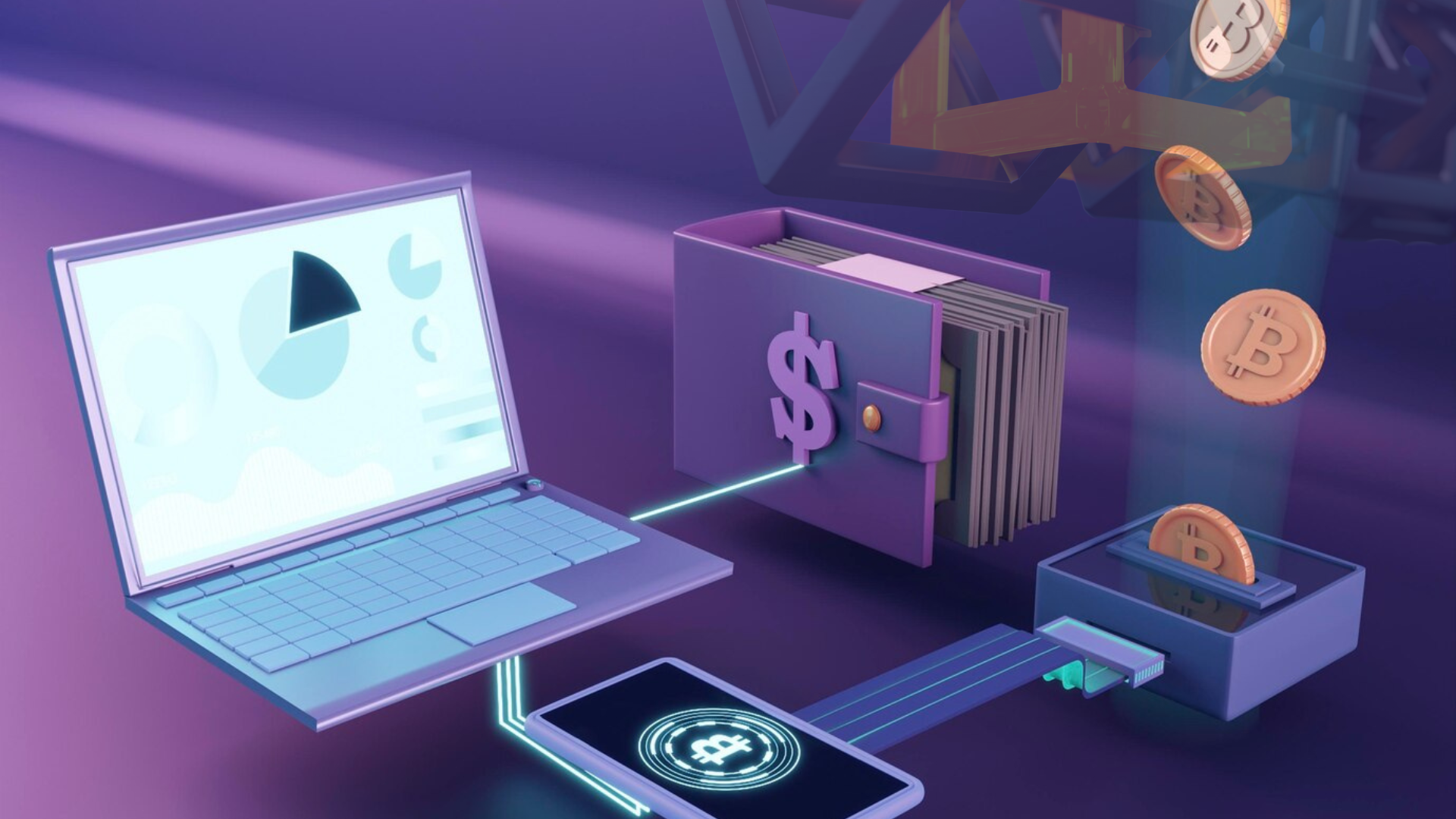
Just as FTX prepares to distribute long-awaited repayments to creditors, a phishing scam has emerged, attempting to steal sensitive information from victims of the collapsed exchange.
On February 16, FTX creditor Sunil Kavuri issued a warning on X (formerly Twitter) about a potential data leak that may have exposed users’ full names and email addresses. Kavuri believes the leak could have originated from FTX or its claims agent, Kroll, opening the door for fraudsters to impersonate the exchange and defraud unsuspecting victims.
How the Phishing Scam Works

- Scammers are sending emails posing as FTX, urging users to verify their recovery phrases.
- The emails contain malicious links, designed to steal personal and financial information.
- Victims are misled into thinking the verification is necessary for them to receive their repayments.

- Do not click on any unsolicited email links claiming to be from FTX.
- Verify sender addresses before taking action.
- Check the official claims portal and rely on FTX’s verified X account for updates.
This latest phishing attempt is part of an ongoing wave of scams targeting FTX creditors since the exchange’s collapse in November 2022.
FTX Repayments: A Critical Time for Creditors
The phishing scam arrives at a crucial moment, as FTX’s repayment process is set to begin.
Earlier this month, the Joint Official Liquidators (JOLs) of FTX Digital Markets Ltd. confirmed that distributions for small creditors will start on February 18.

- Creditors with Convenience Class claims (valued at $50,000 or less) will receive full repayment.
- A 9% post-petition interest rate will be applied to eligible claims.
- Funds will be distributed via BitGo accounts linked to creditors’ registered emails.
- Claimants must confirm their account details through the official claims portal to avoid delays.
While some analysts believe that these repayments could fuel a crypto bull market, Kavuri estimates that 50% of claim buyers (worth approximately $400 million) are unlikely to reinvest in digital assets.
Meanwhile, original FTX creditors—representing another $400 million—are expected to retain only part of their funds in crypto.
Conclusion: Stay Vigilant Against Crypto Scams
As FTX prepares to distribute funds, scammers are actively trying to exploit victims through phishing attacks.
FTX creditors are urged to remain cautious, avoid clicking suspicious links, and rely only on official communication channels.
With repayments finally in motion, creditors must stay alert to protect their funds from fraudsters looking to take advantage of the situation.


















































































































































































































































































































































































































































































































































































































































































































































































































































































































































































































































































































































































































































































































































































































































































